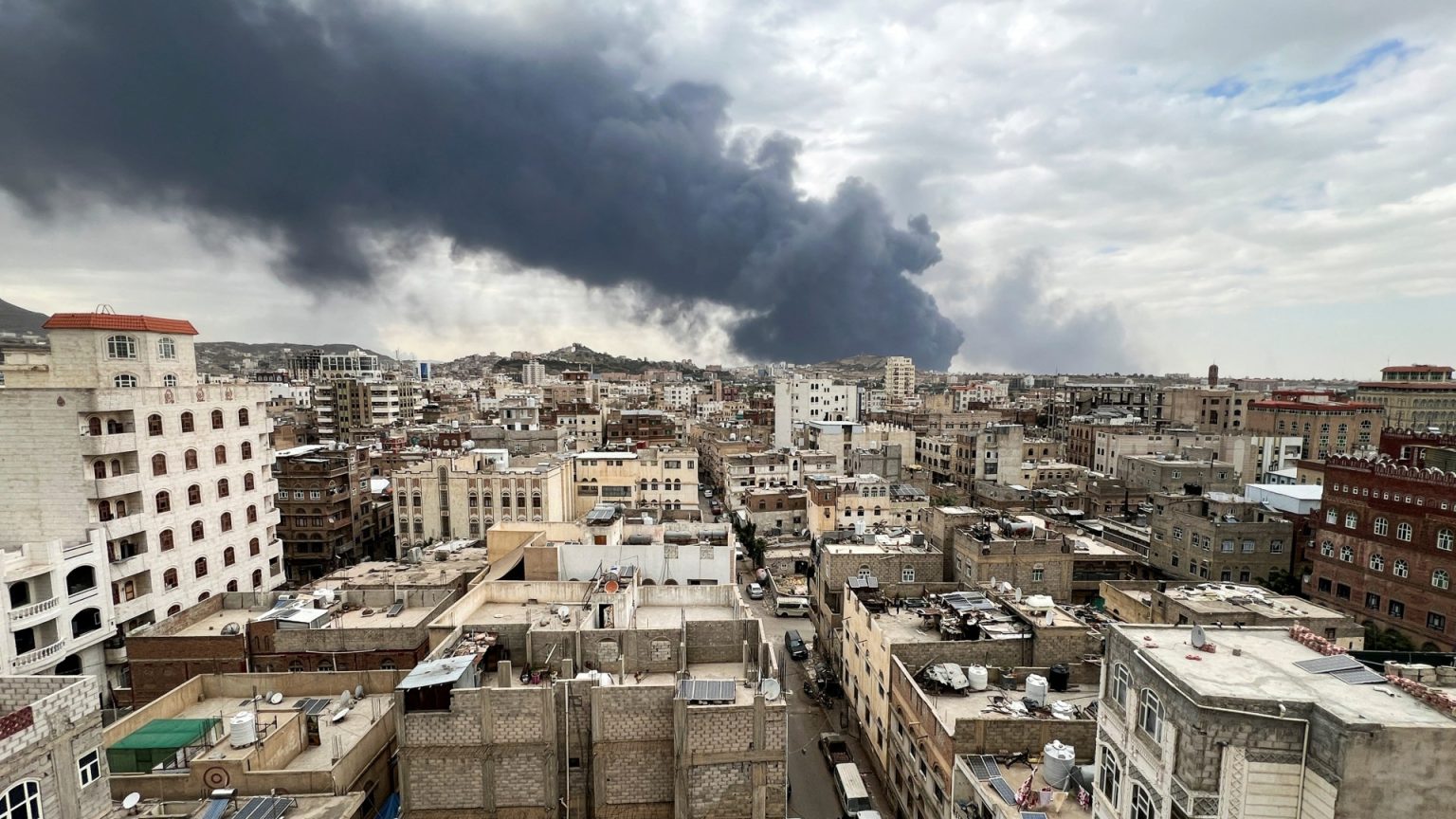The strike comes days after the Houthis claimed they launched newly equipped missiles toward Israel, including targeting the country’s largest airport. The Israeli forces struck key energy hubs in Yemen’s main city of Sana’a, the war-ravaged country’s capital which is under the control of the Houthi militant group, on Sunday.
The Houthi media office said a power plant and a gas station were hit. Residents heard loud explosions, including close to the presidential palace. The Israel Defense Forces (IDF) later said they hit “military infrastructure of the Houthi terrorist regime”. The targets included a military site in which the presidential palace is located, its statement said. Other targets were the Asar and Hizaz power plants, and a site for storing fuel. “All were used for the military activity of the Houthi terrorist regime,” the IDF statement claimed.
Sana’a and other large parts of Yemen are under Houthi control for some years now. The IDF said these strikes were a response and cited the recent launching of surface-to-surface missiles and drones. “The Houthi terrorist regime operates under the direction and funding of the Iranian regime, in order to harm the State of Israel and its allies,” it added.
This is just days after the Houthis claimed they launched newly equipped missiles toward Israel, including targeting the country’s largest airport. There was no reported damage or injuries in Israel from the missiles on Friday. The Iran-backed Houthis have launched missiles and drones toward Israel and targeted ships in the Red Sea for more than 22 months, AP reported. They say they are carrying out the attacks in solidarity with the Palestinians amid the Gaza war.
Residents of the capital recounted the attack. “The sound of explosions were very strong,” said Hussein Mohamed, who lives close to the presidential palace. Ahmed al-Mekhlafy, another residentsaid, “The house was rocked, and the windows were shattered.” An Israeli Air Force official, speaking on condition of anonymity in line with military regulations, told AP that the kind of missile fired from Yemen towards Israel on Friday night was a new threat. It was the first time the Houthis had launched a cluster bomb at Israel, the official said.
The use of cluster bombs makes it harder for Israel to intercept and also represents additional technology provided to the Houthis by Iran, the official said. The Houthi attacks over the past two years have upended shipping in the Red Sea, through which about $1 trillion of goods passes each year.
The rebels stopped their attacks on ships as they became the target of airstrikes ordered by US President Donald Trump. In May, the US announced a deal with the Houthis but the group said the agreement did not include halting attacks on targets aligned with Israel.



